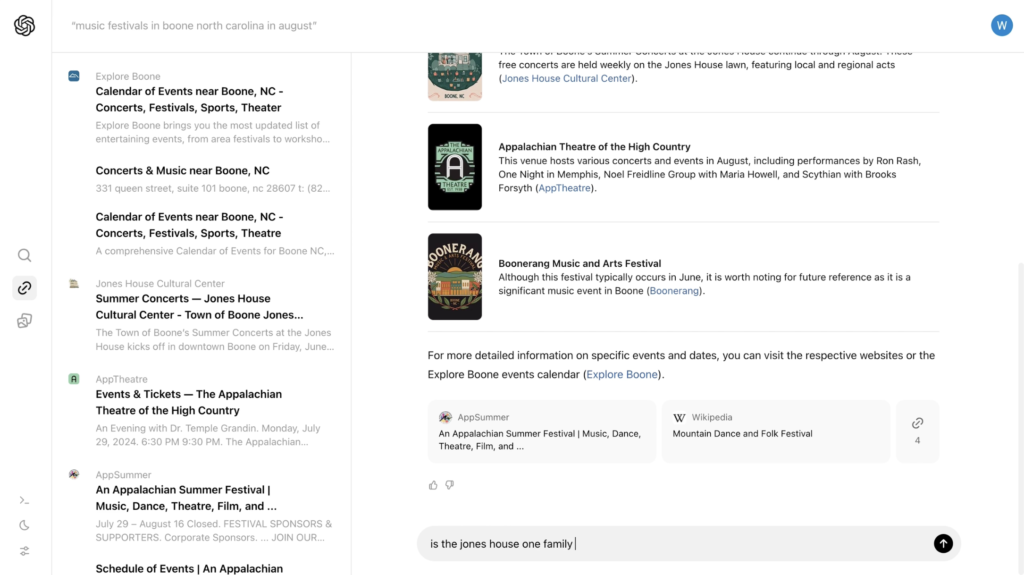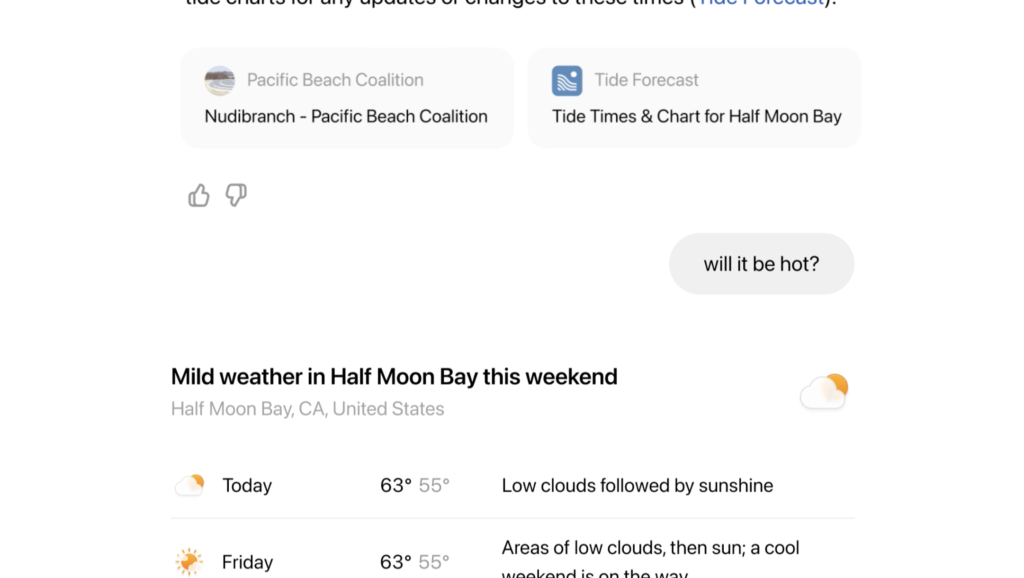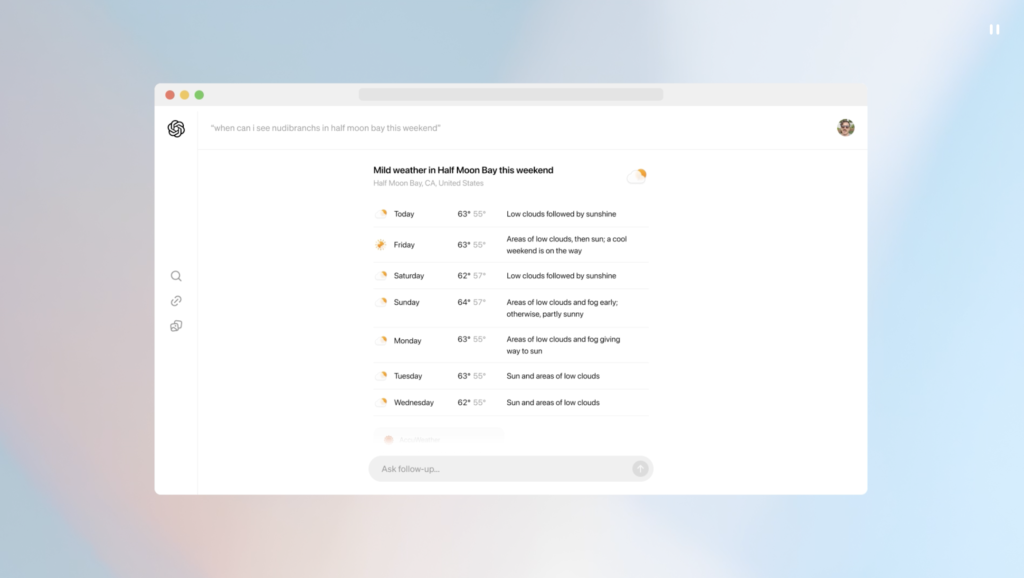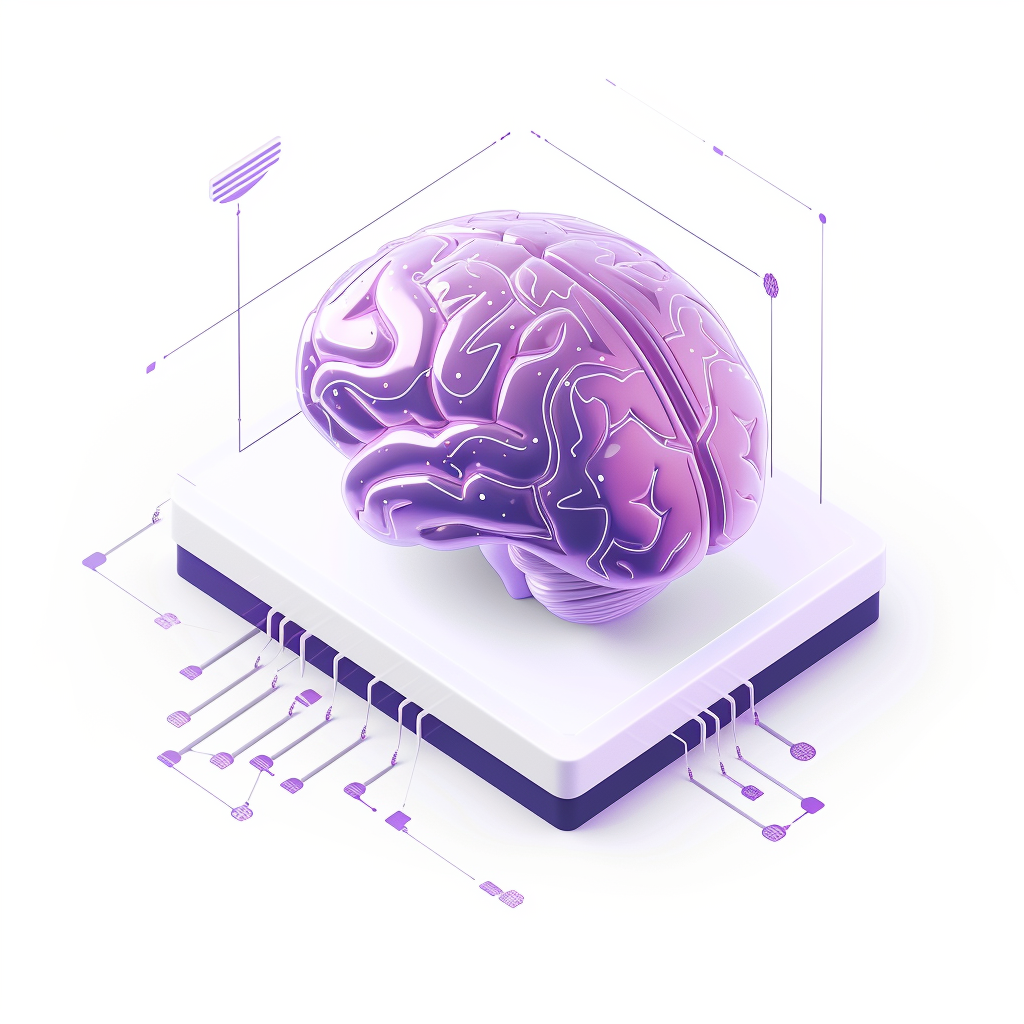OpenAI has unveiled a new AI-powered search engine called SearchGPT, set to challenge Google’s dominance in the search market. As a reaction, Google stocks immediately sunk about 3%.
This prototype aims to provide users with fast, accurate answers, integrating real-time information from the web into a conversational interface. The search engine will be available to a limited group of users and publishers initially, with plans to eventually merge it into ChatGPT.
A Revolution in Search
Traditional search methods often require multiple attempts to find relevant results. OpenAI believes its advanced conversational models can streamline this process. SearchGPT not only delivers up-to-date information but also provides clear links to sources, making it easier for users to verify the information.

To ensure the quality and reliability of information, OpenAI has partnered with several major publishers, including News Corp, The Atlantic, and The Financial Times. These partnerships allow publishers to manage how their content appears in SearchGPT results, ensuring trusted sources are prominently cited.
The integration of AI in search engines has raised concerns among publishers about copyright infringement. OpenAI has faced legal challenges from major news outlets for allegedly using their content without permission. However, OpenAI emphasizes that SearchGPT respects publisher rights by offering clear attribution and linking back to original sources.

The AI Search Race
SearchGPT is entering a competitive market, with Google and other tech giants like Microsoft and Perplexity already incorporating AI into their search functionalities. Google’s AI Overview feature has faced criticism for providing inaccurate information, highlighting the challenge of integrating AI into search engines.
SearchGPT aims to make search more intuitive. Users can ask follow-up questions and receive visual answers, enhancing their understanding. This conversational approach sets it apart from traditional search engines, making information retrieval feel more natural and interactive.
Closed Beta Test First
Initially, SearchGPT will be tested by 10,000 users. OpenAI plans to gather feedback to refine the product before a wider rollout. The ultimate goal is to integrate these search features directly into ChatGPT, creating a seamless user experience across different types of AI-generated media, including text, images, audio, and video.
During this period, participants will interact with the search engine, providing insights into its accuracy and functionality. Once refined, SearchGPT’s features will be integrated into ChatGPT, offering a seamless experience across text, images, audio, and video. A broader public rollout is anticipated in mid to late 2025.

The Road Ahead
OpenAI’s entry into the search market is a significant move in the tech industry’s AI arms race. As the competition intensifies, the focus will be on delivering accurate, reliable information while respecting content creators’ rights. SearchGPT represents a step towards more efficient, user-friendly search experiences, potentially transforming how we navigate the web.
Stay tuned as OpenAI continues to innovate, bringing us closer to a future where AI-powered search engines could redefine our online interactions.







